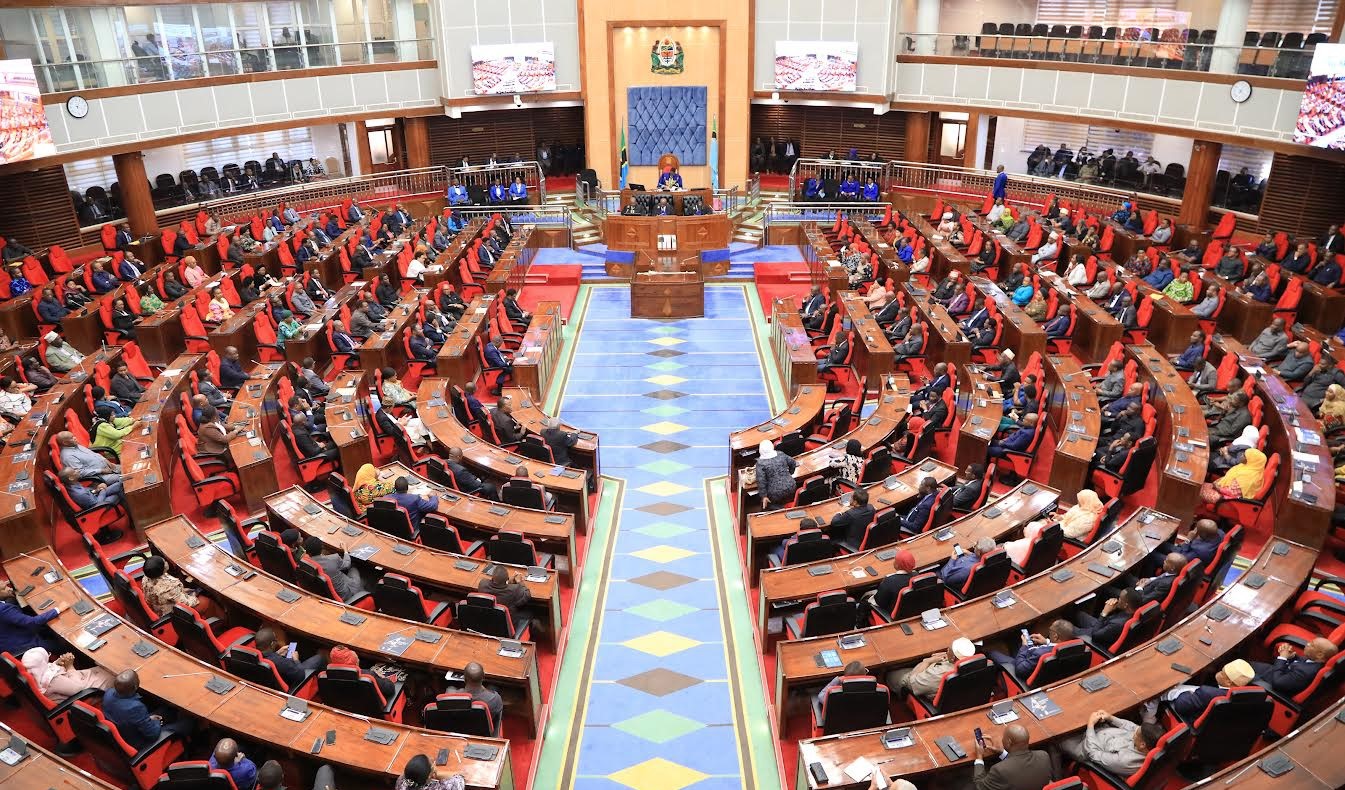Degree or competence? The big debate on what makes a good MP

Parliament in session when it convened in Dodoma for its budget sitting earlier in the year. PHOTO | FILE
What you need to know:
- Should formal education, particularly holding a university degree, be the yardstick, or should the focus remain on leadership competence regardless of academic background?
Dar es Salaam. As political parties intensify their nomination processes ahead of the October General Election, a heated debate is unfolding across Tanzania: Who should qualify to go to Parliament?
Should formal education, particularly holding a university degree, be the yardstick, or should the focus remain on leadership competence regardless of academic background?
The debate resurfaced strongly following recent remarks by former ACT-Wazalendo leader Zitto Kabwe, who expressed concern over Parliament being reduced to what he described as a stage for “sycophants and comedians”.
“Parliament is being diminished; it has become a place for sycophants or comedians, or just anyone who feels like going there,” he said in a speech in Tabora.
Mr Kabwe stressed the need to protect the dignity of Parliament, warning that turning it into a space for “entertainers” compromises its legislative integrity.
His remarks triggered swift responses, most notably from Mr Clayton Chipando, famously known as Baba Levo, a comedian and artist who expects to vie for the Kigoma Urban seat under the ruling CCM.
Mr Chipando defended his right to contest, saying, “I know all this comes because I’m contesting for the Kigoma Urban Constituency. What did Zitto achieve when he was MP for Kigoma Urban?”
Currently, the Constitution of the United Republic of Tanzania (Article 67) allows any citizen aged 21 and above who can read and write in Kiswahili or English—and is endorsed by a political party—to contest for a parliamentary seat. Nowhere does it require a degree.
But that may not be enough, according to constitutional reform proponents.
Retired Judge Joseph Warioba, in his draft for the proposed new Constitution, had recommended raising the qualification to a minimum of a university degree.
“We need representatives who understand policy, lawmaking, and can interpret complex national matters. That requires more than basic literacy,” he stated during constitutional consultations in 2014.
A political scientist at the University of Dar es Salaam, Ms Helena Swai, said the issue was not about excluding artists or informal professionals, but about ensuring quality representation.
“Leadership skills are crucial, yes, but so is the ability to interpret laws, analyse budgets, and debate policy issues. A university degree equips one with analytical capacity, even if not perfect,” she said.
However, not everyone agrees. Analyst Anna Mshana believes the current constitutional provision is progressive.
“Parliament must reflect the diversity of our society—farmers, teachers, traders, even comedians. What matters is competence and commitment, not just degrees,” she said.
Indeed, Parliament has seen vocal and effective MPs who lack university degrees. Mr Joseph Musukuma and Mr Jumanne Kishimba are prime examples. Despite limited formal education, they have delivered compelling arguments and championed critical causes.
Mr Kishimba, for instance, gained national recognition for repeatedly questioning the relevance of Tanzania’s education system.
His assertion that “university graduates finish school and don’t know what to do” was even echoed by President Samia Suluhu Hassan, who cited his words when directing a review of education policy and curricula.
On the other end of the spectrum are erudite MPs like Prof Palamagamba Kabudi and Prof Sospeter Muhongo, both of whom bring vast academic and professional experience into Parliament.
Their articulate interventions during legislative sessions offer depth, particularly on economic, legal, scientific, and international matters. This unique mix—highly educated MPs alongside grassroots leaders—has made the Tanzanian Parliament both diverse and reflective of the country’s socio-economic complexity.
What do other EAC countries say?
A comparison with other East African Community (EAC) member states reveals varying requirements:
Kenya: The Constitution mandates that candidates for the National Assembly must possess at least a post-secondary qualification recognised in Kenya. However, the implementation has faced court challenges, leading to inconsistent enforcement.
Uganda: A candidate must have completed Advanced Level education (A-level) or its equivalent. Rwanda and Burundi do not require university degrees, but political parties usually vet candidates rigorously.
In all cases, political parties play a critical gatekeeping role, assessing whether aspirants have the leadership, communication, and legislative capabilities necessary to serve.
Tanzania’s political parties—both ruling and opposition—are under scrutiny as they vet aspirants. While the law is lenient, the public expects parties to nominate serious, capable candidates.
“Parties must go beyond popularity or wealth. They must ask: Can this person argue policy? Understand a budget? Represent the people?” Dr Gideon Mpangala, a veteran political analyst, told The Citizen in an interview.
Some observers argue that the nomination process should include oral interviews and public vetting, not just form-filling and campaign financing.
As Tanzania inches closer to the 2025 elections, the bigger question remains: How do we balance inclusivity with competence in leadership?
In the words of Dr Mpangala: “A democratic parliament must be inclusive, but it must also be effective. Education is not elitism—it is a tool for service.”





